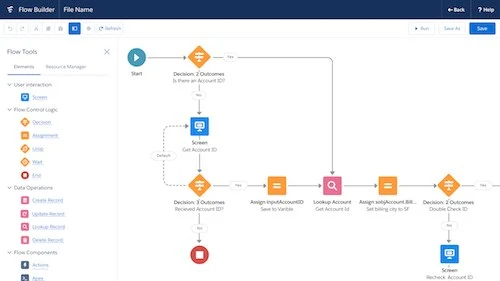In the fast-paced world of software development, one term that frequently pops up is “hard coding.” It’s a concept that can lead to numerous problems if not handled properly. In this article, we’ll delve into why you should Avoiding Hard Coding Pitfalls and explore three alternative solutions that will not only save you time but also improve your software’s flexibility and maintainability.
Understanding Hard Coding
Hard coding refers to the practice of embedding specific values directly into your source code. These values, such as configuration settings or data, are often unchangeable without modifying the code itself. While this approach may seem convenient initially, it can become a nightmare to manage as your software evolves.
The Perils of Hard Coding
1. Lack of Flexibility
When you hard code values, you limit your software’s flexibility. Any necessary changes require a dive into the codebase, leading to increased development time and a higher chance of introducing bugs.
2. Reduced Maintainability
Software is a constantly evolving entity. Hard coding makes it challenging to maintain your codebase efficiently. As your application grows, so does the complexity of managing hard-coded values.
3. Debugging Nightmares
Tracking down and fixing issues in a hard-coded system can be a daunting task. You’ll spend more time searching for the source of the problem than actually solving it.
Alternative Solutions
Now that we’ve identified the problems with hard coding, let’s explore three alternative solutions that can make your software development process smoother and more efficient.
1. Configuration Files
One effective way to avoid hard coding is by using configuration files. These files store settings and data separately from the code, making it easy to update and maintain.
2. Environment Variables
Leveraging environment variables allows you to store sensitive information and configuration settings outside of your codebase. This approach enhances security and flexibility.
3. Database Integration
Consider integrating a database into your software architecture. Storing data in a database enables dynamic updates without touching the code, resulting in a more robust system.
Conclusion
In conclusion, hard coding may seem convenient at first, but it ultimately leads to inflexibility, reduced maintainability, and debugging nightmares. To keep your software agile and efficient, opt for alternative solutions like configuration files, environment variables, or database integration.
FAQs
1. What is hard coding in software development?
Hard coding in software development refers to embedding specific values directly into the source code, making them difficult to change without modifying the code itself.
2. How does hard coding affect software flexibility?
Hard coding limits software flexibility because any necessary changes require code modifications, resulting in increased development time and a higher risk of introducing bugs.
3. What are the advantages of using configuration files to avoid hard coding?
Configuration files allow developers to store settings and data separately from the code, making updates and maintenance more straightforward.
4. Why are environment variables a better alternative to hard coding?
Environment variables provide a secure way to store sensitive information and configuration settings outside of the codebase, enhancing security and flexibility.
5. How does database integration improve software development?
Integrating a database into your software architecture allows for dynamic updates without code modifications, resulting in a more robust and adaptable system.




